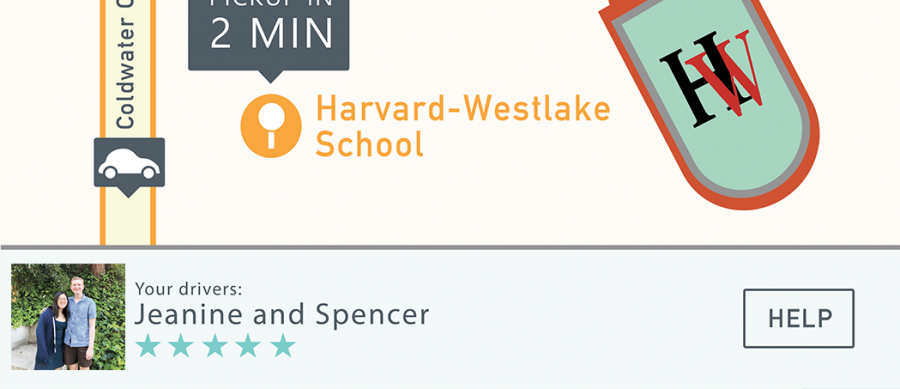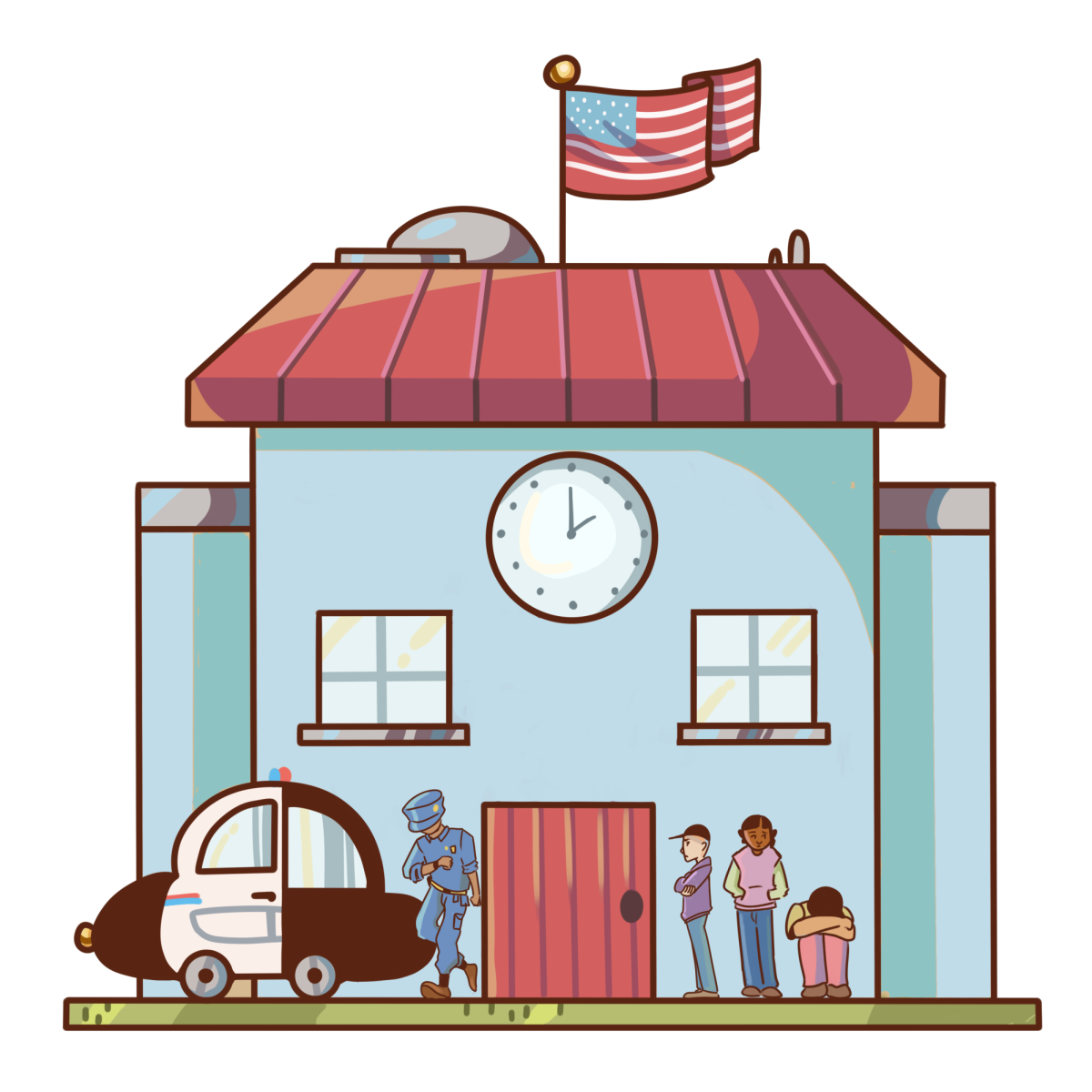Every weekend, when Jaya Nayar ’20 sits down to dinner with her family, she sees a spread of food ordered from Postmates. After enjoying a meal filled with a variety of foods from many different restaurants, however, she said she is always shocked by the inflated and high delivery fees on the app.
Courier services such as Postmates have become increasingly widespread within the United States, with data from venture capital company PitchBook indicating that firms invested a total of $3.5 billion in these programs in 2018. According to the Postmates Economic Impact Report, there were more than 35 million deliveries and over $1.2 billion spent by customers in 2018 alone. Food delivery companies now operate in hundreds of cities across the United States.
In a Chronicle poll of 248 students, 85 percent said they used Postmates or any equivalent food delivery services before, 41 percent said they used it regularly and 26 percent said they have ordered food to campus.
For Nayar, who uses these applications twice a week, Postmates has become a useful solution to family dinners on the weekend in her household since it gives them convenient access to a number of cuisines, she said.
“[Postmates] offers a wide variety of food, which is super nice since I don’t have to eat the same thing every night because the only thing I can make is basically pasta,” Nayar said. “Part of it is also laziness because no one in my family really wants to cook.”
Nayar also values the money-saving features built into the interface of the Postmates application. Although she orders it often, she said that certain nights, the high prices stop her from ordering as much food as she would like.
“Postmates also allows you to find restaurants that are cheapest, ones where you can get free delivery and ones where you can get special deals, all of which are cool money-saving features which I haven’t seen in other apps,” Nayar said.
Other students, such as Jenna Kronenberg ’20, do not use Postmates as frequently as Nayar, pointing out the high prices of the food items.
“Because [Postmates] is expensive, I only use it when my parents aren’t home and ordering food is the most convenient option,” Kronenberg said.
Although ordering food through apps like Postmates can be expensive, the majority of students surveyed have ordered food before, and a fair number of people surveyed have ordered to campus.
Both students and faculty said they are frequent users of Postmates, but many have experienced problems with the app. For example, due to an inconveniencing mistake on an order and inefficiency with refunding services, World Languages Teacher Bradford Holmes said he only uses Postmates when absolutely necessary or when there is minimal room for error.
“Most restaurants mess up orders all of the time, but when other services like GrubHub mess up orders, I get a refund and it’s done within one phone call,” Holmes said. “On the Postmates website, there is no phone number to call them and only a preset e-mail form for customers. I’ve decided I will only order from them again if it’s an order that can’t be messed up.”
Though Holmes has had some bad experiences with the app, he said he sees Postmates and other food delivery apps as being the products of a culture that’s being changed by technology.
“[Postmates] makes it so that you can get a greater variety of stuff without physically having to go and get it, but I see that as part of a wider cultural shift whereby people are now, due to smartphones, able to more or less get whatever they want when they want by clicking on an app,” Holmes said.
Although the food is often expensive and her orders have been messed up before, Nayar said she still prefers Postmates over any other apps.
“Postmates is the best because it has the widest variety of food options and has the most well-known restaurants on its app,” Nayar said. “All of this, in my opinion, makes up for any flaws regarding delivery. Other apps, like UberEATS, don’t seem to be as widespread as Postmates, which is why I use them less frequently.”
On the other hand, Lucy Kim ’19 does not use the app at all, citing the high delivery fees, the easy access to good food and her preference for home-cooked meals as her main reasons for avoiding the app.
“I just don’t think spending money to have something delivered to me is worth it when I can create a meal at home,” Kim said. “I have a lot more freedom with food when I cook, and because I’m a picky eater I can add or omit certain flavors. It also relaxes me because I usually cook when I know I have a few hours to burn. I guess if I were craving something I would go out and buy it directly or bribe my little brothers to go get it for me.”
Additionally, Kim recognizes the logistical benefits of going out to get food instead of ordering from an app.
“Since I live in a good food district, if I were to order anything off a food delivery, it would be coming from a restaurant that’s only a ten or fifteen minute walk away,” Kim said. “Walking lets me burn calories; Postmates just burns my money. So, no, I don’t think it’s worth it.”
When it comes to ordering food on campus, upper school policies prohibit the use of food delivery programs during school hours.
However, a number of students involved in extracurricular activities, as well as faculty advisors, rely on these programs to obtain lunch while working on certain projects. Holmes said he believes there are logistical problems with ordering food to school from Postmates for lunch.
“I would imagine that it’s difficult for Postmates to deliver food to students at schools,” Holmes said. “It’s not like they’re heading to a particular apartment number but instead an entire campus. As long as [students are] timing it well so they get it and eat it during a free period, it should be alright. If it comes during class, that would be an issue.”
Many students such as Kronenberg have noticed a growing trend in the number of students who use Postmates, especially at school.
“Everyone uses Postmates so much, not just after school, but at all times of the day like breakfast, lunch, all the time,” Kronenberg said.





































